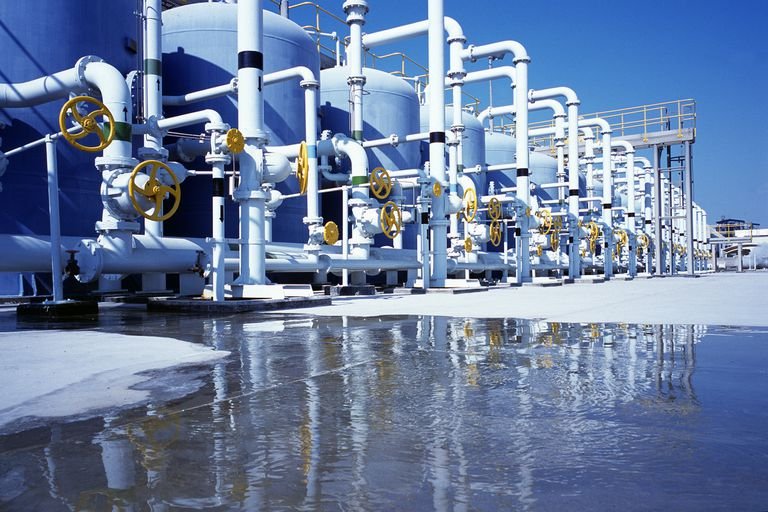Water desalination systems are set to be installed in Madagascar to alleviate clean water shortage in the arid zones of the large island. Mascacara Renewable Water revealed the report and said they will install its OSMOSUN® water desalination systems in partnership with solar photovoltaic system supplier Mada Green Power which operates mainly in Madagascar.
The OSMOSUN® technology being deployed on the project include installation of battery less, photovoltaic solar-powered reverse osmosis desalination system which will make it possible to desalinate brackish water, whose salinity is lower than sea water. This water is generally extracted from groundwater via boreholes.
Read: Solar-powered desalination system commissioned in Ghana
Alternative sources of electricity
According to the company, the desalination units can also be connected to alternative sources of electricity for 24-hour production, not just during sunny hours. To facilitate the deployment of this solution in Africa, the start-up raised US $2.6m in August 2019 from several donors including Sofimac, Go Capital, the Famae Foundation through its Famae Impact Fund and Gaia Impact Fund.
In addition to Mada Green Power, Mascara is collaborating with Vergnet Hydro, which builds drinking water supply systems (DWS) in rural areas in Africa. The aim of this other partnership is the diffusion of its desalination systems in several African countries south of the Sahara.
More than 58% Madagascar’s people lack access to safe drinking water and nearly half of all households live without sanitation facilities. The county’s climate varies from tropical to temperate and this variation results in the abundance of water in the North and the Central regions and scarcity in the South. Due to the inefficient use of water resources, people in Madagascar, especially those living in the rural area, suffer from lack of potable water.

